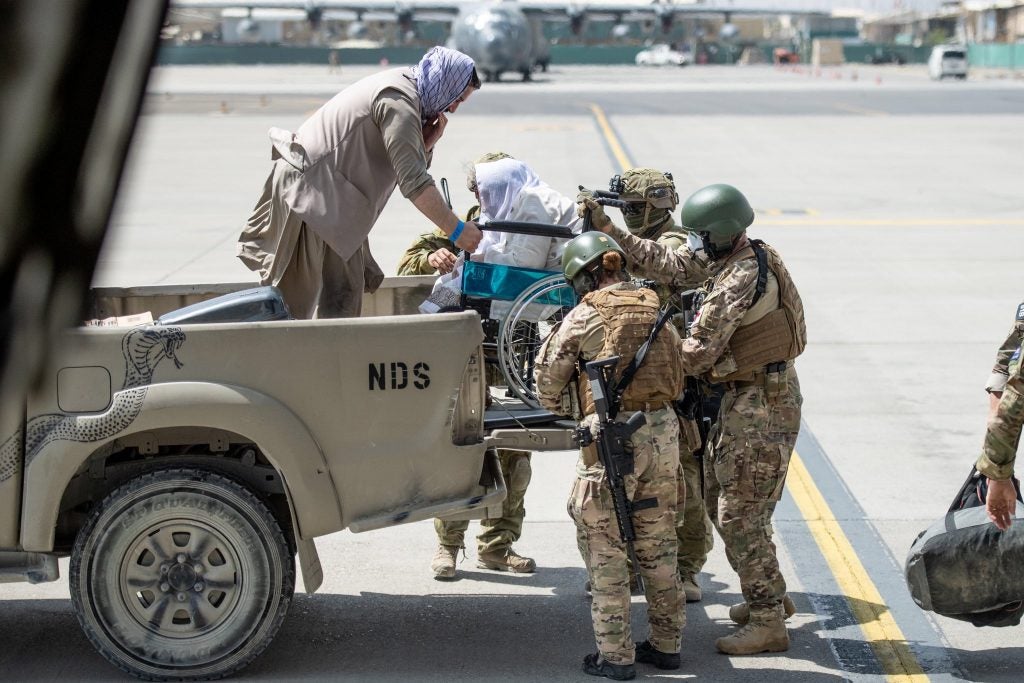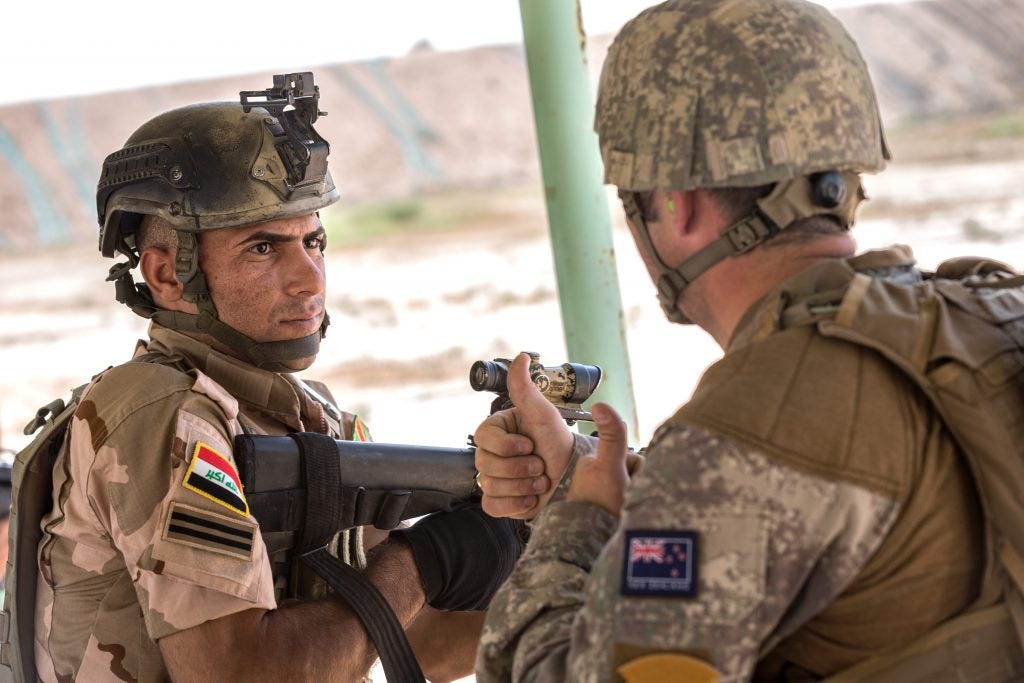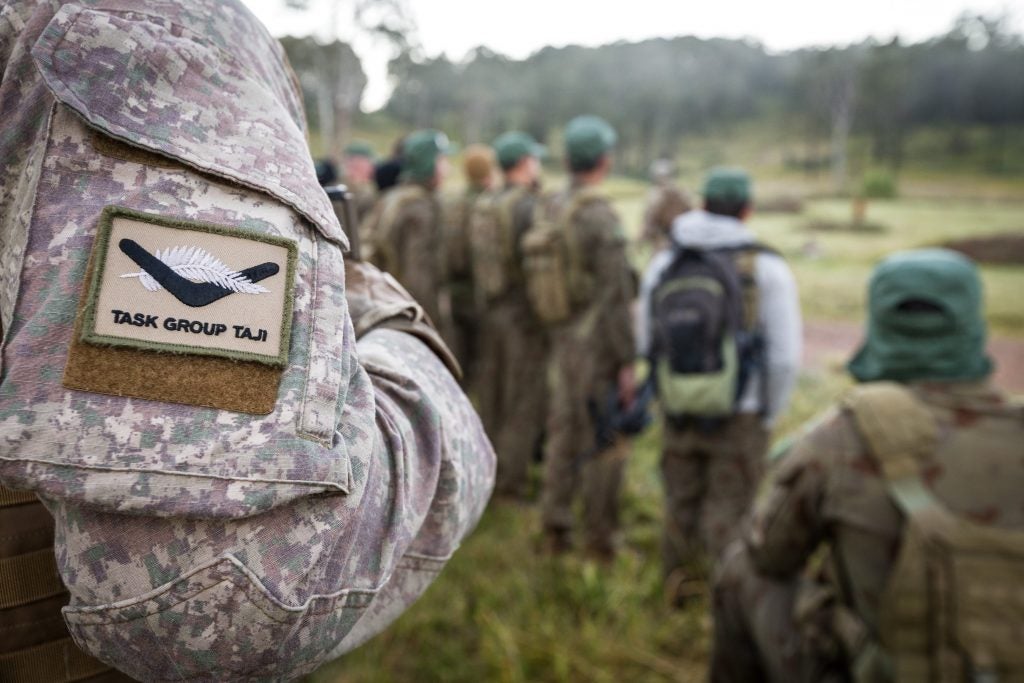New Zealand Announces Reform of Special Forces
The New Zealand Special Air Service (NZSAS) will be more closely integrated with the wider New Zealand Defence Force (NZDF) as a result of reforms announced by the Kiwi Defence Minister, Peeni Henare, on November 15.
The announcement came in conjunction with the public release of a report that investigated the NZDF’s organisational structure and information handling procedures. Cabinet commissioned the report in the wake of an inquiry into Operation Burnham being released. Operation Burnham was a controversial mission undertaken by the NZSAS in 2010, while on deployment in Afghanistan. During the operation, war crimes were allegedly committed by the NZSAS. Their Australian counterparts also face similar allegations. The report found that the changes made since Operation Burnham took place are positive, however, Defence Minister Peeni Henare also noted that “more work needs to be done.” The report itself states that “current and future NZDF leaders need to maintain a long memory of the events and lessons learned in the aftermath of Operation Burnham,” but believes that “the cultural shift that is occurring is promising.”
The Defence Minister said that he has accepted all the recommendations of the report:
“I have accepted all nine of the recommendations in the Report and have directed both the Chief of Defence Force, Air Marshal Kevin Short, and the Secretary of Defence, Andrew Bridgman, to implement them in an integrated way.”
As recommended by the report the NZDF will establish a new “strategic military and policy function” within NZDF headquarters (HQNZDF) integrating at least one senior NZSAS officer. The new function is intended to remedy a perceived lack of strategic integration between the NZSAS, NZDF and Ministry of Defence that was identified by the report.

The report also noted that:
“The future operating environment will require the NZSAS to be more collaborative and interoperable with other elements of the NZDF and government agencies as the nature of threats change.”
Like many Western special forces, including the Australian SASR, the NZSAS has spent the last two decades fighting in the Middle East and Afghanistan. However, with these conflicts drawing down, the report recommended that the NZSAS’s future role in modern warfare and national security be discussed by the national security and foreign policy organs of government.

You can find the report, in full, here.
Cover Image Courtesy Commonwealth of Australia

